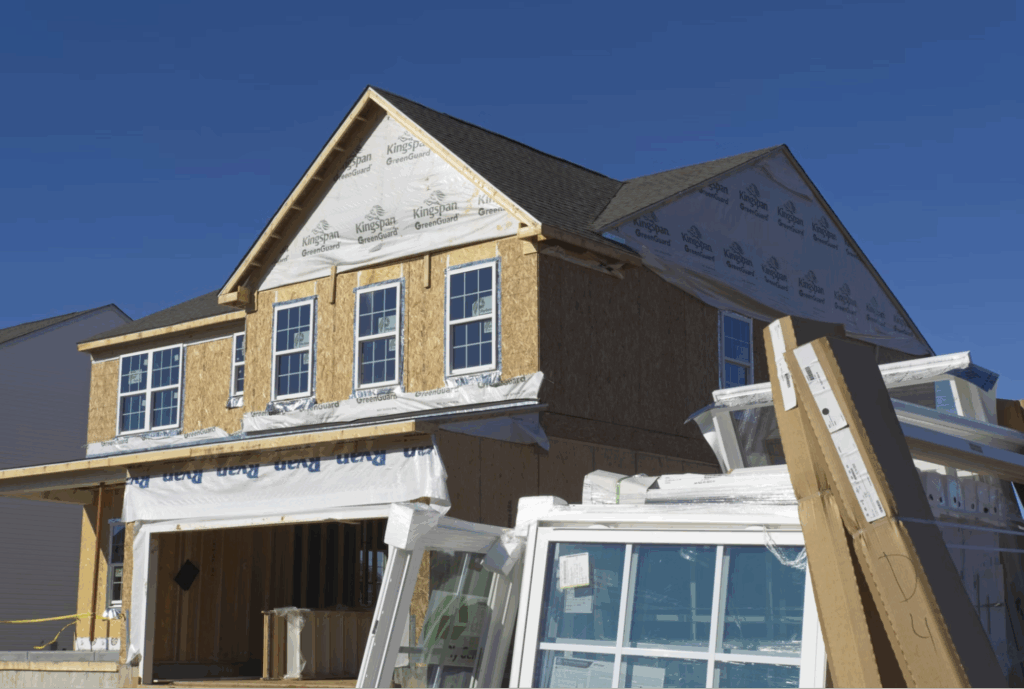When buying a home, most buyers focus on visible features like the number of bedrooms, the kitchen layout, or the backyard size. Yet, one of the most critical components of any home often goes unnoticed until problems arise—the HVAC system. Knowing how heating, ventilation, and air conditioning work can empower homebuyers to make smarter, more informed decisions. A basic understanding of HVAC systems offers considerable advantages, from evaluating the system’s condition during home inspections to anticipating future energy costs and comfort levels. For those diving into the homebuying journey, Discover AtHomePrep is a valuable resource for gaining insights about HVAC systems and beyond.
The Role of HVAC Systems in Home Comfort and Efficiency
HVAC systems regulate the indoor environment year-round, maintaining comfortable temperatures and air quality. They include furnaces, air conditioners, heat pumps, ducts, vents, and thermostats. The efficiency and condition of these systems directly influence a home’s livability and energy bills. A well-maintained HVAC system can mean lower utility costs and a healthier living space. In contrast, an outdated or poorly functioning system might lead to frequent repairs and inflated energy expenses.
Evaluating the HVAC system should be as crucial for a prospective homebuyer as inspecting the roof or plumbing. Understanding whether the system is appropriately sized for the home can prevent future headaches. Too small systems struggle to maintain comfort, while oversized systems cycle on and off too frequently, wasting energy and wearing down faster.
Why Knowledge of HVAC Systems Benefits HomePurchasers
First, knowing the basics helps assess the system’s age and condition during the home inspection. HVAC equipment typically lasts 15 to 25 years, depending on use and maintenance. If the system is nearing the end of its lifespan, buyers can factor in potential replacement costs in their offer or negotiate repairs with the seller.
Second, familiarity with energy efficiency ratings such as SEER (Seasonal Energy Efficiency Ratio) for air conditioners or AFUE (Annual Fuel Utilization Efficiency) for furnaces allows buyers to estimate ongoing costs and environmental impact. A higher efficiency rating generally means lower energy bills and a reduced carbon footprint, which is increasingly essential for environmentally conscious homeowners.
Third, buyers can avoid common pitfalls like homes with poor ventilation or problematic ductwork. Inefficient or leaky ducts can cause uneven temperatures, reduce air quality, and increase utility bills. Being aware of these issues before closing can save money and discomfort later.
HVAC Considerations During the HomePurchasing Process
Buyers should ask specific questions about the HVAC system during home tours or inspections. Inquire about the last maintenance date, recent repairs, and whether the system includes modern features like programmable thermostats or zoning capabilities. A well-documented maintenance history suggests responsible ownership and a longer-lasting system.
Professional home inspections typically include HVAC assessments, but a specialized HVAC technician can provide a deeper evaluation. This is particularly wise when considering older homes or properties where the HVAC system is not visibly accessible.
Additionally, understanding the differences between heating options—electric heat pumps, gas furnaces, or radiant heating- can help buyers decide which system fits their climate preferences and budget. Some systems also qualify for rebates or tax incentives if they meet specific energy efficiency criteria, offering added savings.
The Impact on Resale Value and Future Costs
An efficient, well-maintained HVAC system can increase a home’s resale value. Future buyers will likely prioritize homes with reliable climate control, especially in regions with extreme temperatures. Investing in smart thermostats or duct sealing upgrades can further enhance appeal and reduce energy expenses.
Conversely, neglecting HVAC considerations can lead to unexpected expenses and lower home satisfaction. A malfunctioning system might require emergency repairs or costly replacements shortly after moving in. This can delay the sale if the buyer plans to resell, as HVAC issues are often flagged in inspections.
Conclusion
Understanding HVAC systems gives homebuyers a clear advantage in making informed, confident decisions. It allows them to evaluate the current system’s condition, estimate future costs, and prioritize comfort and energy efficiency. While the complexities of HVAC might seem daunting at first, resources like Discover AtHomePrep provide accessible information to guide buyers every step of the way. Ultimately, investing time in learning about HVAC systems can turn what’s often a hidden factor into a key component of a smart home purchase.




More Stories
Psychological Bridge or How Social Casinos Shape Real Money Gambling Behaviors
Pros and Cons of Desktop and Mobile Casino Gaming in 2025
Progressive Jackpot Terms and the Fine Print Players Skip